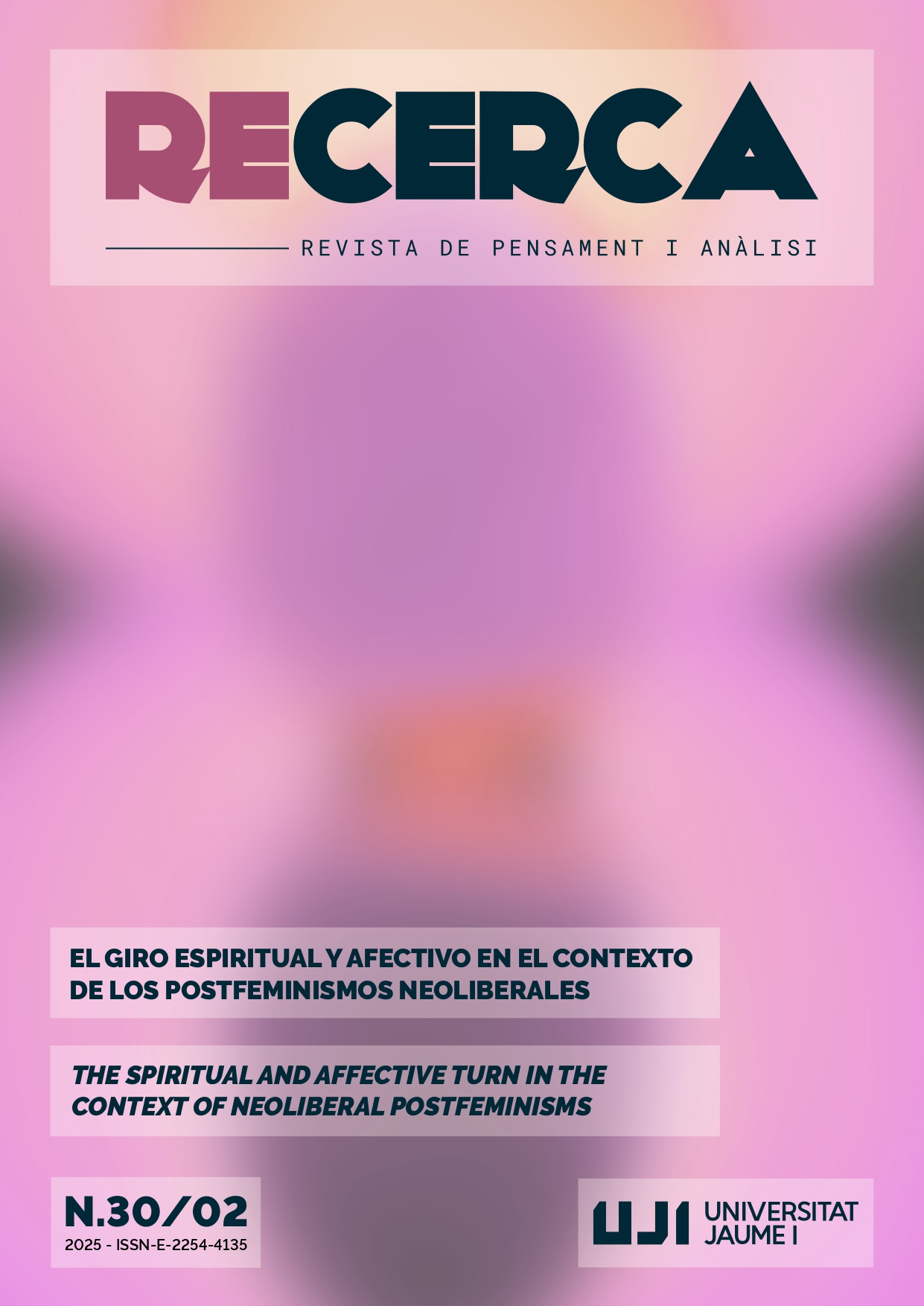In defense of sad passions: coincidences between contemporary thought and Buddhist philosophy
Main Article Content
Abstract
Affects have drawn the attention of contemporary philosophy as essential elements for thinking about political resistance, responsibility, and our relational and vulnerable condition. We propose to pause and reflect on sad passions. We will join the contemporary call for the depathologization of such afflictions and, in doing so, present their ethical and political potential. We will take collective mourning as an example of a pathway to build community and strengthen bonds of solidarity. Finally, we will explore how this fertile conception of certain sorrowful states transcends time and space, reaching as far as Buddhism and its affirmation of the heart of sadness as a condition for developing a will of meaning, a response to suffering, and a commitment to others. Lastly, we will highlight the resonances and tensions between this tradition and contemporary thought to consider what their respective approaches can offer in facing suffering.
Downloads
Article Details
References
Ahmed, Sara (2004). The Cultural Politics of Emotion. Edimburg: Edinburgh University Press.
Ahmed, Sara (2019). La promesa de la felicidad. Madrid: Traficantes de Sueños. Trad. Hugo Salas.
Arnau, Juan (2021). Vida del Buda. Mallorca: Quid Pro Quo.
Berlant, Lauren (2019). Optimismo cruel. Buenos Aires: Caja Negra Editora. Trad. Hugo Salas.
Butler, Judith (1997). The Psychic Life of Power: Theories in Subjection. Stanford: Stanford University Press.
Butler, Judith (2004). Undoing Gender. New York: Routledge.
Butler, Judith (2005). Giving an Account of Oneself. New York: Fordham University Press.
Butler, Judith (2006). Vida precaria: El poder del duelo y la violencia. Barcelona: Paidós. Trad. Fermín Rodríguez.
Butler, Judith (2015). Notes Toward a Performative Theory of Assembly. Cambridge, MA: Harvard University Press.
Butler, Judith (2020). The Force of Nonviolence. New York: Penguin Random House.
Butler, Judith, Asad, Talal, Mahmood, Saba y Brown, Wendy (2009). Is Critique Secular? Blasphemy, Injury, and Free Speech. Berkeley: University of California Press.
Butler, Judith y Athanasiou, Athena (2013). Dispossession: The Performative in the Political. Cambridge: Polity Press.
Espluga, Eudald (2021). No seas tú mismo. Apuntes sobre una generación fatigada. Barcelona: Paidós.
Esquirol, Josep Maria (2015). La resistència íntima: assaig d’una filosofia de la proximitat. Barcelona: Quaderns Crema.
Fisher, Mark (2016). Realismo capitalista: ¿No hay alternativa? Buenos Aires: Caja Negra Editora. Trad. Claudio Iglesias.
Garfield, Jay L. (2022). Losing Ourselves: Learning to Live Without a Self. Princeton: Princeton University Press.
Giglioli, Daniele (2021). La crítica de la víctima. Madrid: Taurus. Trad. Bernardo Moreno Carrillo.
Han, Byung-Chul (2012). La sociedad del cansancio. Barcelona: Herder. Trad. Comité Herder Editorial.
Hanh, Thich Nhat (2007). Camino viejo, nubes blancas. Tras las huellas del Buda. Alicante: Ediciones Dharma. Trad. Mercedes Perez-Albert.
Keown, Damien (Ed.) (2013). Contemporary Buddhist Ethics. Richmond, Surrey: Curzon.
King, Sallie B. (2009). Socially Engaged Buddhism. Honolulu: University of Hawai‘i Press.
Khyentse, Dzongsar Jamyang (2014). No para ser feliz: una guía a las llamadas prácticas preliminares. Alicante: Ediciones Dharma.
López Petit, Santiago (2009). Breve tratado para atacar la realidad. Barcelona: Virus Editorial.
Lordon, Frédéric (2018). La sociedad de los afectos. Por un estructuralismo de las pasiones. Buenos Aires: Fondo de Cultura Económica. Trad. Antonio Oviedo.
Loy, David R. (19 de septiembre de 2016). The Three Poisons, Institutionalized. Mountain Cloud Zen Center. Recuperado de: https://www.mountaincloud.org/thethreepoisonsinstitutionalized-by-david-r-loy/
Restrepo, Ana María (marzo de 2022). Encuesta de salud mental. UNICEF. Recuperado de: https://www.unicef.org/lac/media/34676/file/InformeanalisiscualitativoencuestasaludmentalUreport.pdf [Consultado el 27 de agosto de 2024].
Shantideva (2008). La práctica del bodisatva: una traducción del Bodicharyavatara. Barcelona: Ediciones Dharma. Trad. Grupo de Traducción Padhmakara.
Trungpa, Chögyam (2011). El mito de la libertad. Barcelona: Kairós. Trad. Ricardo Gravel.
Valdecantos, Antonio (2 de agosto de 2020). Las pasiones y las emociones. El País. Recuperado de: https://elpais.com/opinion/2020-08-01/las-pasiones-y-las-emociones.html
Valls Boix, Juan Evaristo (2022). Metafísica de la pereza. Ned Ediciones.
Viriasova, Inna (2018). At the Limits of the Political: Affect, Life, Things. Londres: Rowman & Littlefield International.
World Health Organization (2 de marzo de 2022). Mental Health and COVID-19: Early Evidence of the Pandemic’s Impact. Scientific brief. Recuperado de: https://www.who.int/publications/i/item/WHO2019nCoVSci_BriefMental_health2022.1 [Consultado el 27 de agosto de 2024].


